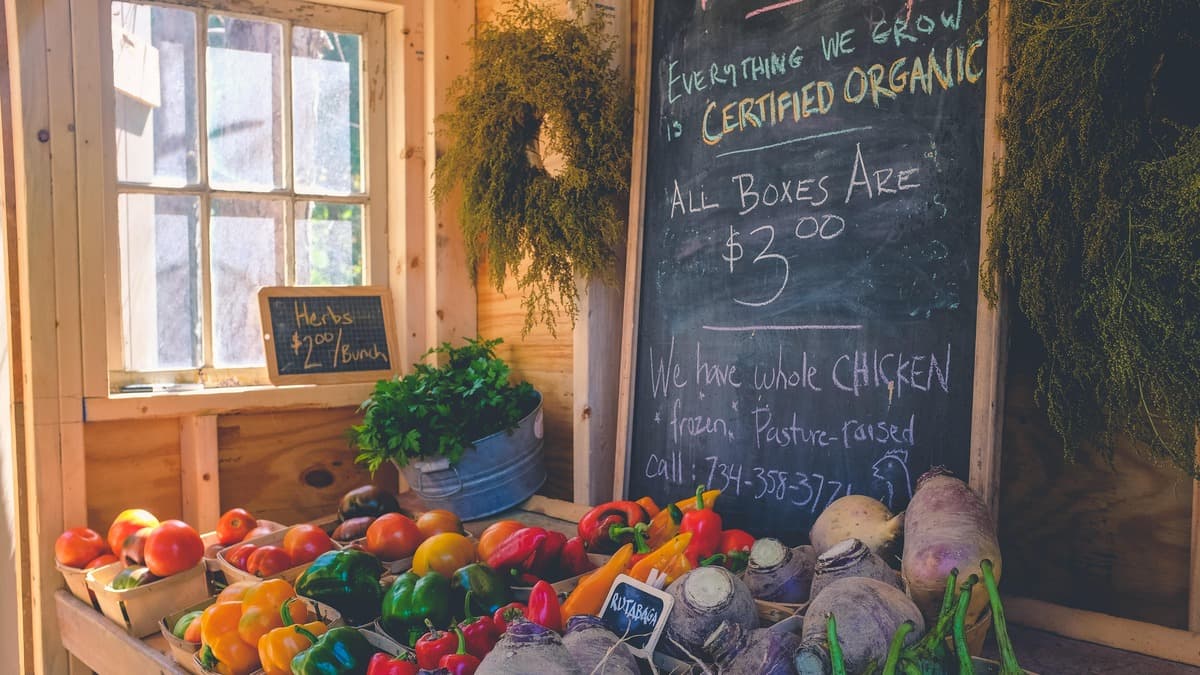The increasing cost of living in Australia is putting a strain on household budgets. The rise in inflation and interest rates, along with an increase in food and housing costs, has led many Australians to seek additional sources of income.
According to ABS data, nearly 900,000 people, or 6.5 per cent of all employed people, have multiple jobs to help counteract the rising cost of living. Side hustles and gig economy jobs are becoming more popular as people seek flexible work options or additional income.
These jobs often start as a passion project or a second job while completing education but are becoming more common as a way to add extra income to household budgets.
Traditional offline work in the market trading sector is often overlooked as a source of revenue. There has been growth in farmer’s markets and weekend markets, which offer high-quality products to local communities and attract a diverse audience looking for unique retail experiences.
Weekend market stalls in Australia are a popular form of retail that offers high-quality products to local communities. They are part of the growing market trading sector and offer a unique shopping experience for consumers seeking authentic retail experiences. With over 180 registered farmer’s markets and thousands of other weekend markets and food festivals, this sector is growing as consumers seek more authentic retail experiences.
For businesses, entering the market sector is a low-cost and low-risk venture, appealing to those seeking independent work and requiring less capital investment than other options.
Daniel Morgan, the General Manager of The Chilli Factory discusses the benefits of weekend market stalls as a source of flexible work and growth for established small businesses.
Flexible work
“The autonomy and flexibility of market stall operation offer is a major drawcard. Operating a market stall is predominantly weekend work, while the flexibility of choosing to enter markets on Saturdays and/or Sundays is up to the stall operator.
According to Daniel, many of his most successful operators are looking for flexibility in a ‘second job’ when seeking an opportunity to add to their existing income.
“This weekend work flexibility allows it to be juggled around full-time employment or personal requirements. Market stall ownership suits any person of any age.”
Minimal set-up costs
“A market stall’s initial set up costs are low, with equipment such as a small marquee, tables, and tablecloths easily found at hardware stores, and are very affordable and easy to acquire. Offering mobile EFTPOS facilities may require planning, but with many competing providers available, it is still a low-cost investment.
“Although market stall holder entry costs vary, they can start as low as $200 a day. Besides stock replenishment, which would usually start at one box per SKU offered, market entry fees and petrol will be the only ongoing costs.”
Buying into a brand
“While many market stalls feature home-made food and beverage items, there is a growing niche for existing unique brands to reach a wider audience. Market stall owners can buy into a brand and operate it in a similar way to a franchisee.
“This works well for boutique brands which may have a speciality retail offering but no wider mass-market retail footprint while selling an established brand allows the stall owner to take advantage of existing marketing.”
High turnover opportunity
“Market stall turnover varies by product on offer but can vary from $500 to $5,000 per day depending on the market’s location and the number of visitors. Product-specific markets, in our case, Chilli festivals, deliver an engaged audience who are keen to try and buy chilli.
“Depending on turnover and income requirements, complimentary product ranges can be built into an existing business that may already be a market stall holder with regular customers, offering more diversity.”
Keep up to date with our stories on LinkedIn, Twitter, Facebook and Instagram.

